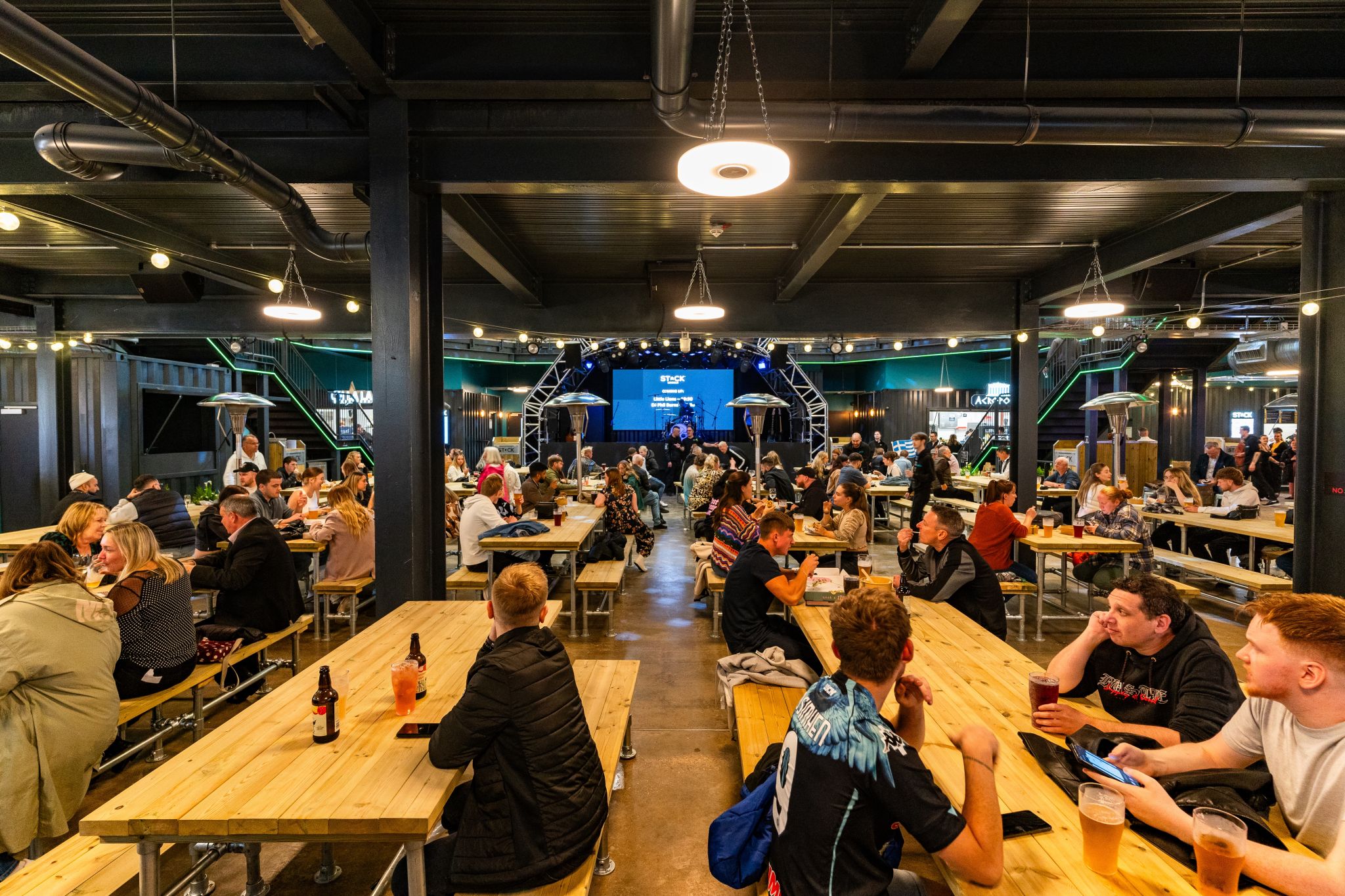Every week I do a quick update that explains what’s happened work wise, this past week or so.
This last week feels like we’ve become more confident in who we are. A bit like that stage when you’re a kid growing up, you develop a sense of identity that fits with your sense of self, and you begin growing into your own skin.
The Counter Community is an idea that is coming of age — this “kid” of ours, turns 14 next month. So who are we?
We are the people who count community. We are ordinary people, and we are from Stoke and North Staffs.
We love working for our communities even though the work isn’t paid.
What our very diverse communities have in common is too much debt (or not enough money); poor mental health and chronic underemployment.
That’s why we are banding together to become a cooperative enterprise that nestles between the public and private sectors. Driven by business yes, but more by community.
Which is why we measure that which matters to both—contribution to community / contribution to the common good.
What some might call shared value.
More and more, very big companies are attempting to create shared value by developing profitable business strategies that deliver tangible social benefits.
This thinking is creating major new opportunities for profit and competitive advantage at the same time as it benefits society by unleashing the power of business to help solve fundamental global problems. But the business and government sectors still reside in their own silos.
Despite the widespread and corporate embrace of the shared value concept, however, the tools to put this concept into practice are still in their infancy. They are instigated by the likes of Coca Cola and Nestle, not a community group collective from Stoke & North Staffs.
Funded partly by Innovate UK and partly by The National Lottery, our innovation is to develop a new framework for measurement that focuses on the interaction between business and social results — one that is grounded in the reality of Stoke & North Staffs. It is important to realise that most measurement systems (for example ‘social value’ or ‘social return on investment’) are too complicated and too expensive for smaller organisations to purposefully use. And by not accounting for business or community value, they’re way too narrow.
We consider this framework as among the most important tools to drive shared value in practice. Even the companies that are most advanced in pursuing shared value today lack the data they need to optimise its results. Companies cannot know the extent to which they are creating shared value if they do not measure their progress on social objectives and, importantly, the degree to which social performance improves economic value for the business.
When companies do not understand or rigorously track the interdependency between social and business results, they miss important opportunities for innovation, growth, and social impact at scale.
Companies today track and report myriad financial, social, and environmental metrics, drawing in part on efforts by the third sector to develop more sophisticated methods for evaluating social impact. There is also a huge new investment trend around integrated reporting (“ESG”) that aims to add sustainability measures to financial statements. Still missing, however, is a framework to link social progress directly to business success, and vice versa.
Which is where we in community can make ourselves useful.
Efforts to understand the link between business performance and social value creation are just beginning. Measurement approaches that link social and business results are vital to unlocking shared value for companies and scalable solutions to social problems.
Hence why we have always made clear that our aim is a placed-based regeneration model that can be franchised elsewhere, once the shared value is proven.
We have already identified the three social issues to focus on — poverty, underemployment and mental ill-health — and now we have begun the process of mapping out the relevant community-based activities that are involved in tackling them. This being the subject of a funding bid to the National Lottery, and a further bid (around personalisation) to Innovate UK.
To win this bid, we feel the need to forecast the business and social benefits relative to projected costs. Shared value as measured in shares…

…in turn, assesses progress and results, generating actionable data and insights to refine the shared value strategies of our public and private sector partners.
Data and insights from measuring our shared value will enable our members to scale their shared value initiatives (hopefully into other geographies) while also providing an indispensable basis for effective communication with the investment community.
By illuminating the direct connection between tackling social issues and achieving economic value creation, our shared value measurement will diminish investor scepticism and ultimately transform how the investment community rewards companies that create shared value.
In other words, simple and uncomplicated measurement makes shared value strategies tangible for ESG and impact investors alike.
The new skills needed to unlock this shared value is an opportunity for our universities and colleges to support the unmet need for a new economic model that is based on the creation of wealth locally.
And that’s almost it for this week, but before I go, I want to share a poem with you. It’s by my friend Jennifer Spice who loves in Meir, Stoke-on-Trent. Jenn is an amazing survivor of debt, underemployment and mental ill-health. Read this to get a feel for how ready we are, as ordinary people to work together to unlock the shared value of cooperative working:
Thoughts spin, swirl
in my mind,
today, like the
spiralling snowflakes,
I find,
chaos, creation,
clarity,
weave ideas
carefully,
find a “hook”,
a “wow” idea,
use facts and figures,
give it legs,
not Stoke again,
on the beg,
but
a cooperative collective,
groups, organisations,
a multi selection
working together
in collaboration,
a community counter,
intent on support,
for real people
with full lives,
struggling to survive,
not just nameless
numbers
on a report,
it’s high time,
for a levelling up,
not a hand out,
but a hand up. by Jennifer Spice 14.1.21
Just fab.
Mike.


